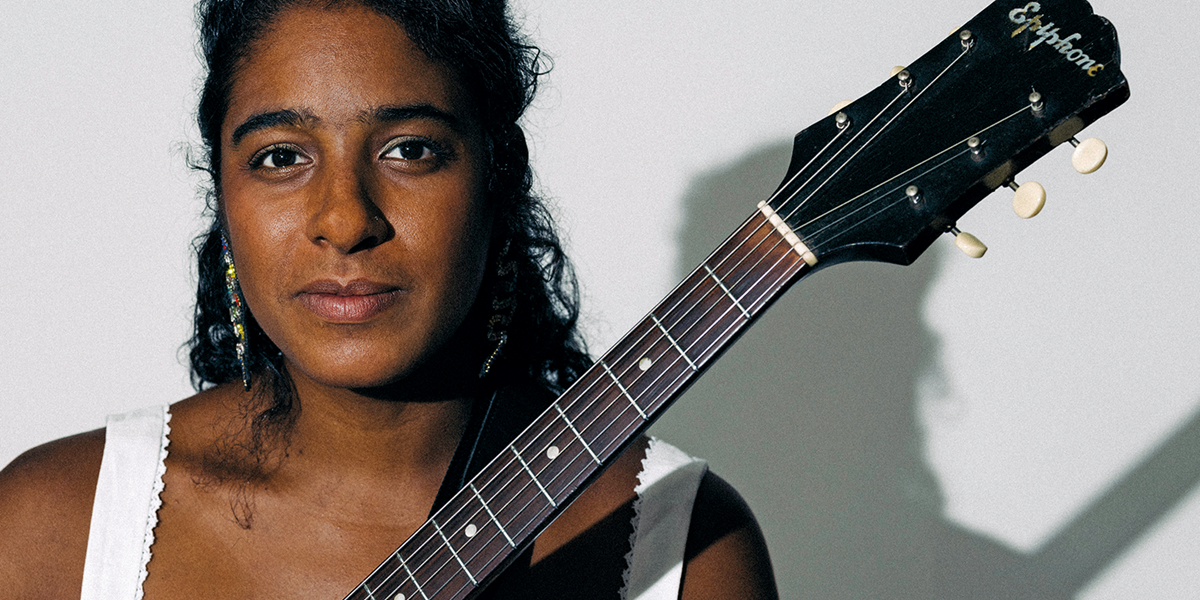Friday, July 19, 2024
Leyla McCalla: “This feels like an arrival of sounds”
On her latest album, Leyla McCalla embraces motherhood, expansive collaborations and a renewed personal outlook that sees her taking in the pleasures of life

Leyla McCalla (photo: Chris Scheurich)

Register now to continue reading

Thanks for visiting the Songlines website, your guide to an extraordinary world of music and culture. Sign up for a free account now to enjoy:
- Free access to 2 subscriber-only articles and album reviews every month
- Unlimited access to our news and awards pages
- Our regular email newsletters

